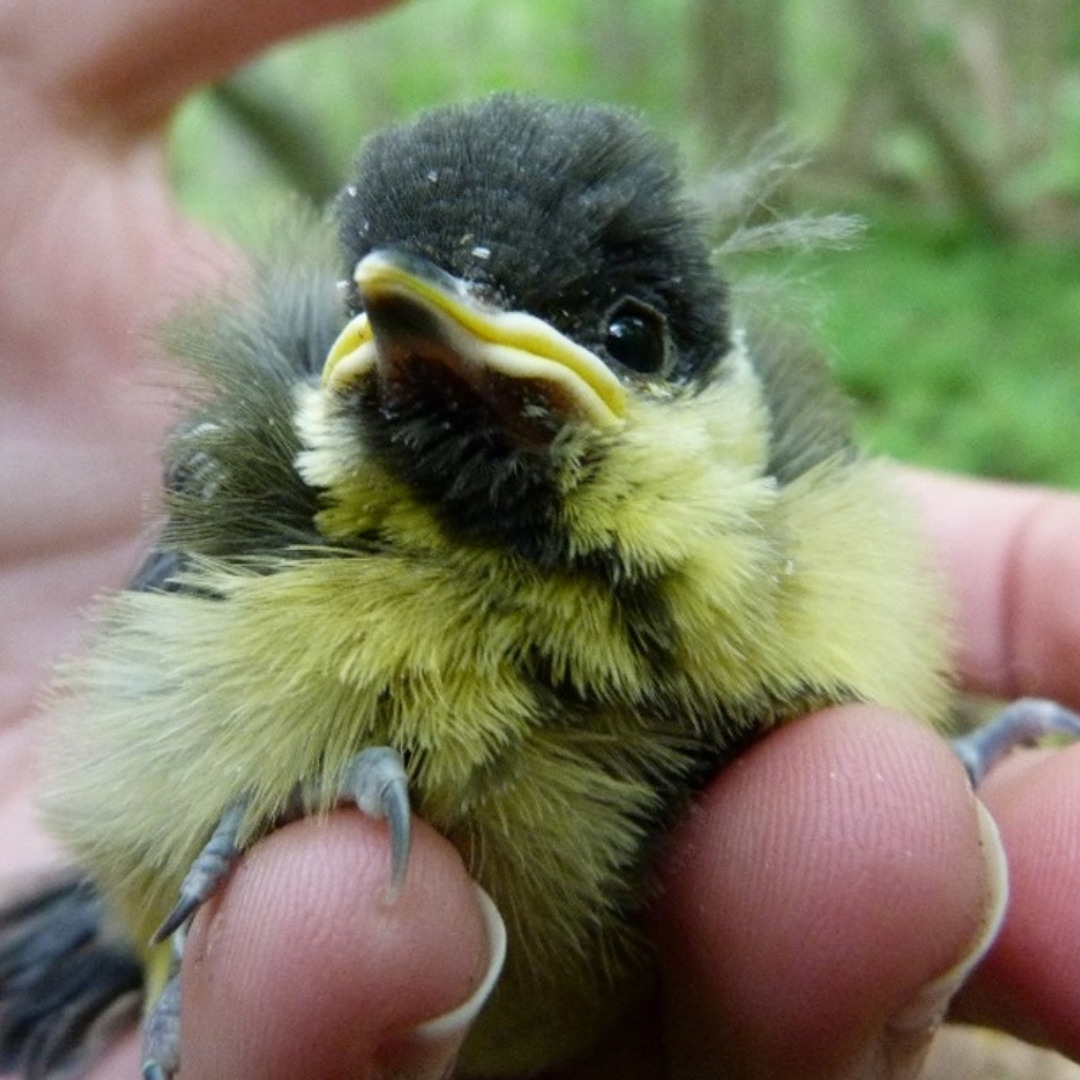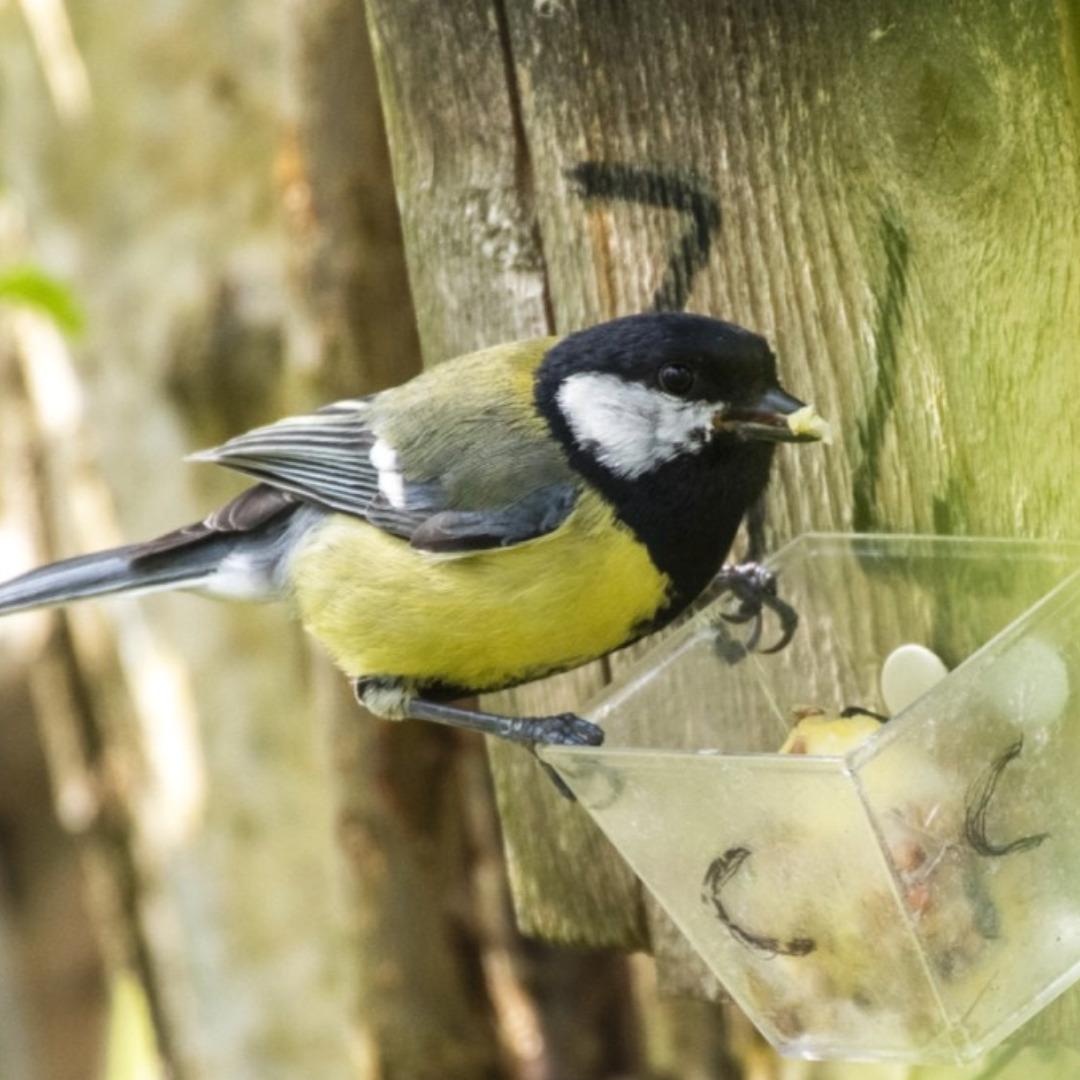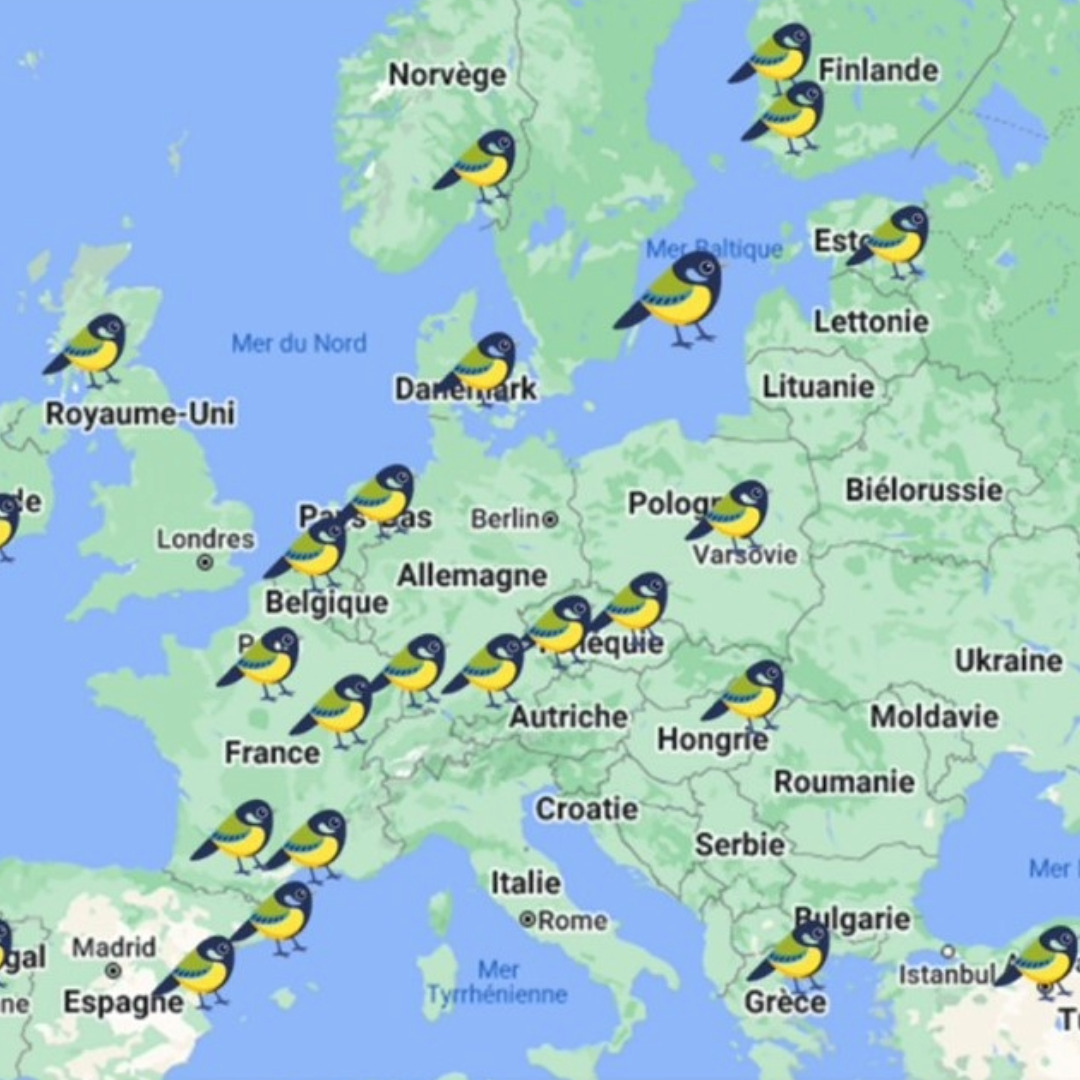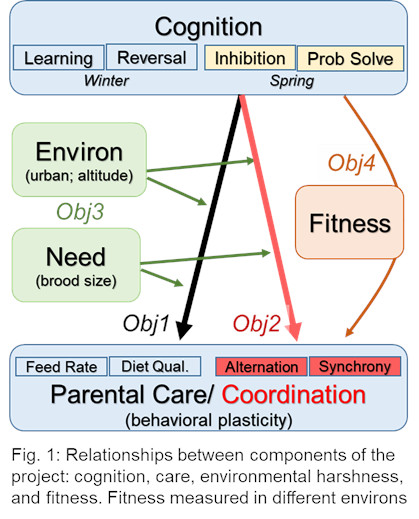Projects
The ability of species/individuals to modify their behaviour to adjust to new conditions is expected to be a key component of their evolutionary success , especially in the face of global warming and other environmental changes. Cognitive traits such as innovation (i.e., the propensity to invent a new behaviour or to flexibly adjust established behaviours to solve new problems) and learning (i.e., the acquisition of information through experience that may cause a change in behaviour) are part of this behavioural flexibility. These abilities have been found across a diversity of taxa and comparative studies suggest that they can help species adjust to environmental spatio-temporal variations. Yet, whether variation in these abilities have evolutionary consequences at the species level is still largely unexplored and the few results to date are inconsistent. Whether and how variations in cognitive abilities are linked to fitness, and whether these relationships are causal or involve a third variable, is currently unknown. This is a major knowledge gap in our understanding of how cognition can help animals to adapt to their changing environments.
This is basically the fundamental question of my research program: what are the evolutionary consequences of variation in cognition?




